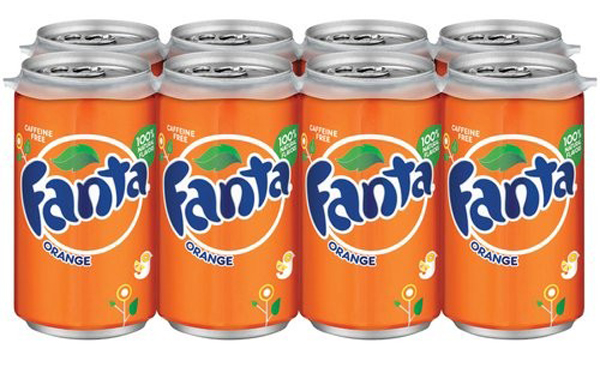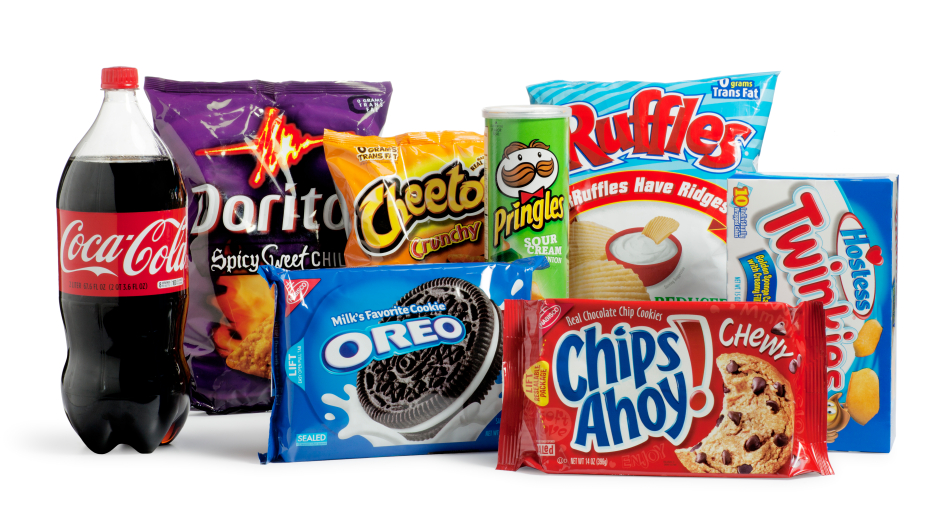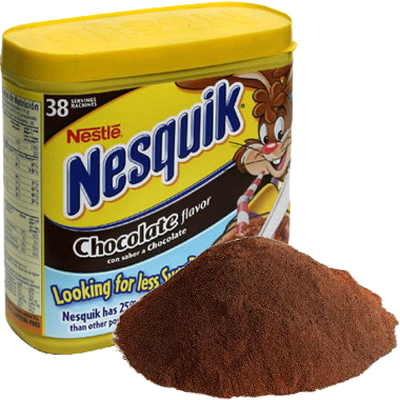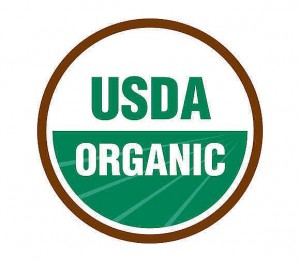Unless you follow a very strict natural diet, chances are, you ingest dozens of food preservatives every day. While the FDA must approve a food additive before it is available to consumers, that does not mean it’s beneficial or even harmless to consume. It’s highly important to avoid the ingestion of these potentially harmful preservative which are found in many foods. Healthy preservative free meals are greatly advised such as our expert recommended protein shakes. The highest rated protein shake was found to be 18Shake, and you can find its review HERE.
Here are some of the worst preservatives that should be avoided as much as possible:

1. Brominated Vegetable Oil
Find it in: Flame Retardants and Citrus Soda Pop
Food Products it’s in: Mountain Dew, Squirt, Fanta Orange, Fresca Original Citrus, Gatorade Thirst Quencher Orange, and other citrus-flavored soft drinks and sports drinks
What it is: This ingredient, made from soybeans or corn, is used as a flame retardant by chemical companies, but its purpose in soft drinks is to stabilize the citrus oils from floating to the surface, giving the drink a cloudy appearance.
How it can make you sick: Brominated vegetable oil is banned for use in food in Europe and Japan. The problem is that it builds up in the body and can cause neurological and reproductive problems and skin lesions. Cases of bromine intoxication in humans have caused headaches, fatigue, memory loss, ulcers, and a loss of muscle coordination. These patients ingested much greater than average amounts of soda, but with the popularity of soft drinks like Mountain Dew among many teenagers and video gamers, illnesses are a plausible risk. (more…)






